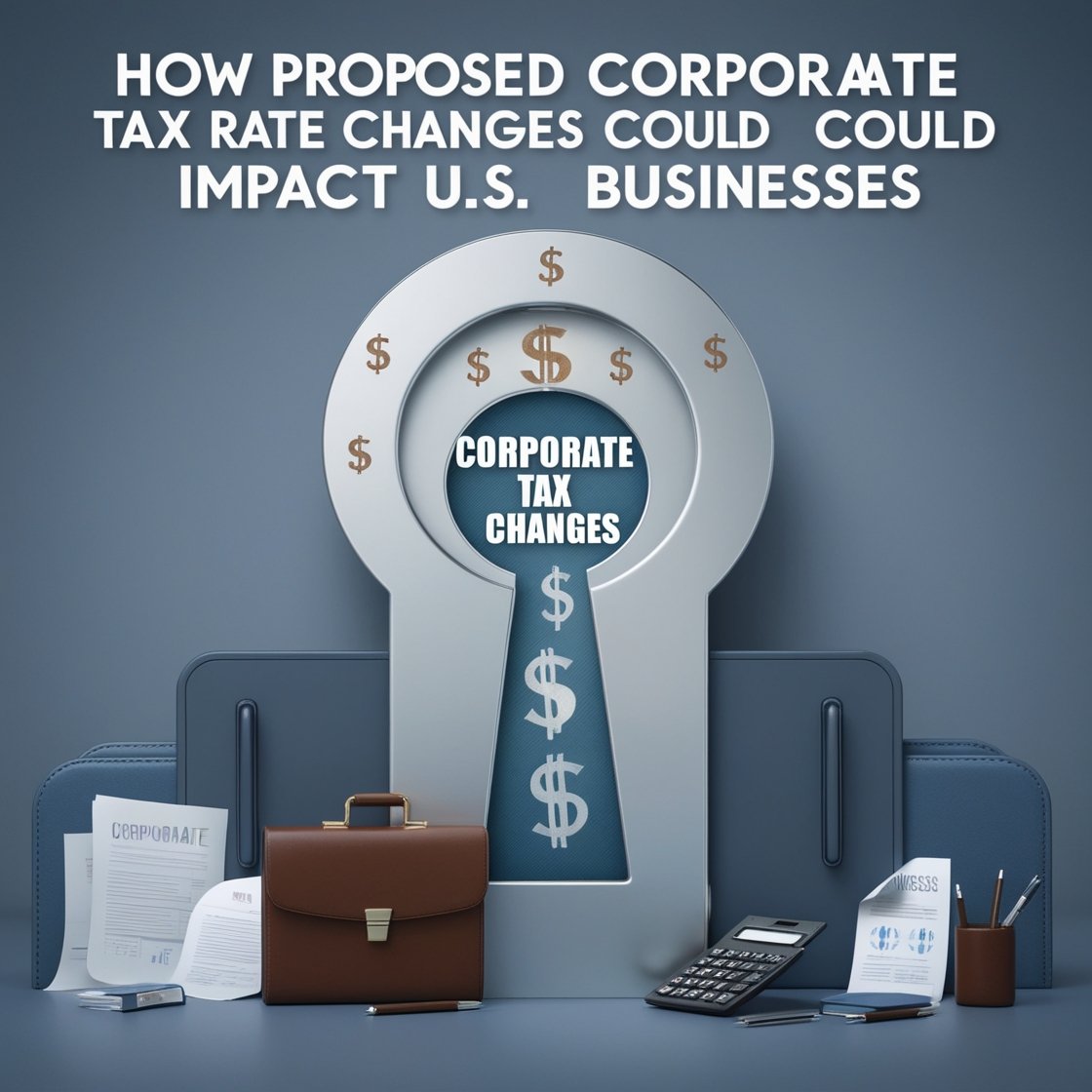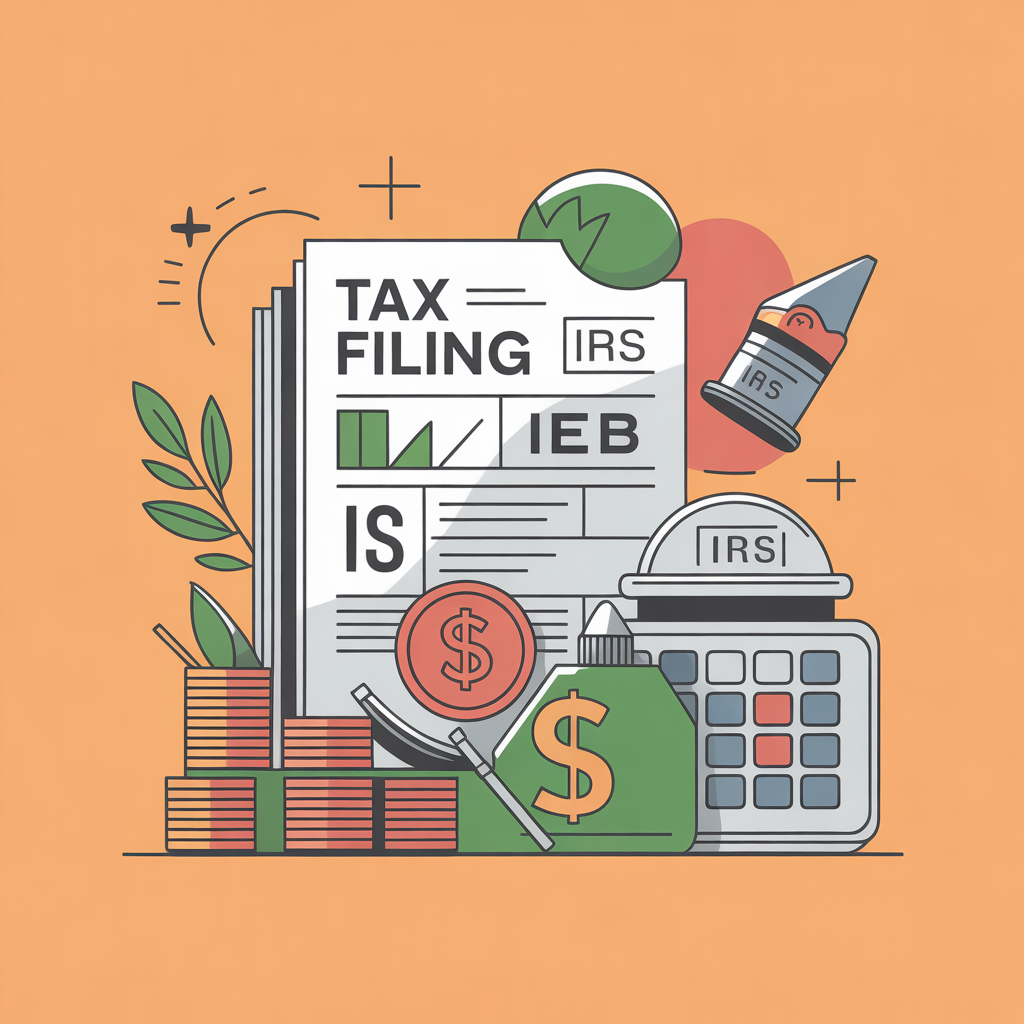In recent discussions around fiscal policy, corporate tax rate adjustments have taken center stage. The Biden administration’s proposal to raise the corporate tax rate from 21% to 28% represents a significant shift, with far-reaching implications for businesses across the United States. This blog explores what this change could mean for corporations, from small enterprises to multinational giants, and how they can adapt strategically.
Content Outline:
- The Proposal: What’s Changing?
- Details on the proposed increase in corporate tax rates and the rationale behind it, such as reducing the federal deficit.
- Comparison with historical corporate tax rates.
- Potential Impacts on Small and Medium Enterprises (SMEs):
- Analysis of how higher tax rates might affect profit margins, reinvestment capacity, and hiring plans for SMEs.
- Global Competitiveness Concerns:
- How the proposed rate compares to other nations and what it means for the U.S.’s competitive standing in the global market.
- Tax Planning Strategies for Businesses:
- Steps companies can take to optimize their tax position, such as restructuring operations, leveraging tax credits, and focusing on efficiency.
- Insights on Legislative Pathways:
- Overview of the political landscape and the likelihood of the proposal passing, considering bipartisan debates and Republican resistance.
- Case Studies:
- Examples of businesses preparing for potential changes, including innovative tax-saving strategies.
- Conclusion: Preparing for the Future
- Encouragement for businesses to stay proactive and consult experts to navigate uncertain tax landscapes effectively.






